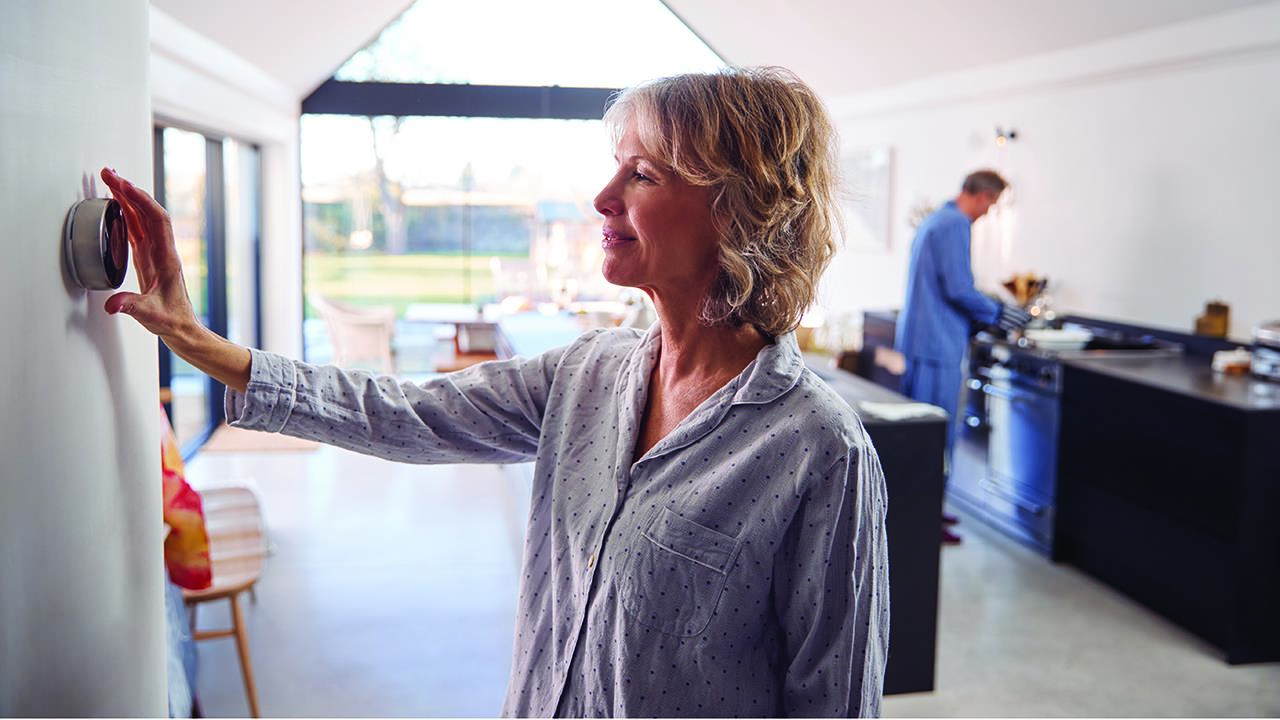

In August, Ofgem announced that the energy price cap was to increase to £3,549 from 1 October 2022 – even higher than some of the more alarming scenarios predicted by energy analysts.
It was therefore a relief that new Prime Minister Liz Truss announced a freeze on average energy prices, to £2,500 a year.
Even though prices aren’t set to rise as much as feared, the average gas price is still nearly double what it was a year ago. The expectation is that many households, and not just the most vulnerable, will end up restricting the use of their heating system, potentially at the risk of their comfort and health.
Given these rises, householders are likely to be desperately seeking advice on ways to reduce their fuel bills, ideally without stopping them from staying warm. Heating installers are likely to find themselves on the receiving end of these requests, for example while in a home servicing a boiler, due to their obvious expertise in this area.
The benefits of installing better heating controls are well documented, but the general cost of living crisis is likely to deter people from upgrading and find them more open to good ideas for behavioural changes.
BEAMA has commissioned a number of research studies on heating systems in recent years, and we’ve gone back over the results to see what they can tell us about the impact of changes to how we use systems and the possible energy savings.
One energy saving tip that you often hear is to turn your room thermostat down a degree or so. While correct in principle, this doesn’t work in many people’s real lives where they have a dial thermostat that constantly gets adjusted, or even used as an on/off switch for their heating.
A more practical approach can be recommended in situations where customers have a programmable room thermostat and can set both time and temperature. While occupants may decide at certain times to manually adjust the temperature setting, this will reset itself each heating period, so there is more consistency in the overall settings.
A test on programmable room thermostats showed that slight reductions to operating times and temperatures (for example, setting it at 18ºC rather than 21ºC in the morning when people are moving about getting ready to leave the house for work or school) delivered a 16% reduction in gas use over a typical winter 24 hour period.
Another common way that householders may be wasting energy is by setting thermostatic radiator valves (TRVs) to maintain higher temperatures than they need to. We tested the difference between having TRVs maintain rooms at 18ºC rather than 20ºC, in both cases with the living room maintained at 21ºC. This reduced the amount of gas used by 16%, which would be equivalent to a saving of £30 in a typical December, based on current gas prices.
In practice this will usually mean setting the TRV to two rather than three, so where people currently have their TRVs at four or five, the savings could be even greater.
It’s certainly worth pointing out the benefits of using TRVs to reduce temperatures in rooms that aren’t occupied, since overheating these is so easy to avoid.
Within our test schedule we’ve even tackled the age-old question of whether it’s better to leave your heating on all day rather than turning it off, given that in the latter case extra energy is then needed to heat up the structure. Our test showed that for a standard operating period of two hours in the morning and seven hours in the afternoon/evening, you will use more energy by maintaining a setback temperature of 16ºC rather than allowing the house to fully cool down. However, the difference was only 3%, so this could be different if the house was of a more lightweight construction or significantly well or poorly insulated compared to the norm.
The last point above is important. We know that homes differ greatly, as do the ways that people use their heating, so providing an estimate of savings should always be done cautiously, rather than as a guarantee.
Actions to reduce temperatures may also need to be undertaken with caution if there is a vulnerable person in the home. That said, we do now have some evidence-based data on the potential savings from cost-free adjustments to heating control settings, and we will be providing all of the detail on these at www.controlyourhome.org.uk.
We know that people generally use their heating systems in sub-optimal ways, and rising prices will encourage them to think about changing this. If we can get them to engage more with their controls, and guide them towards the actions that we know reduce fuel consumption, then we at least provide a tool in their armoury to make savings.
If you'd like to keep up-to-date with the latest developments in the heating and plumbing industry, why not subscribe to our weekly newsletters? Just click the button below and you can ensure all the latest industry news and new product information lands in your inbox every week.